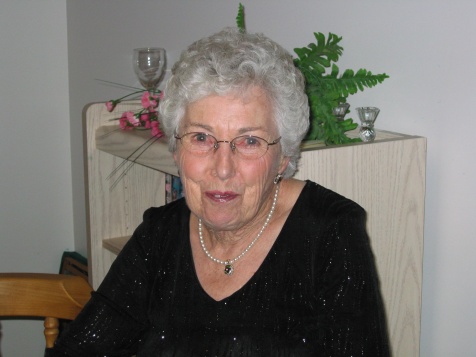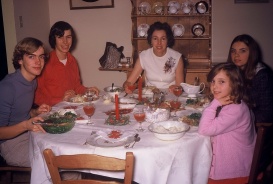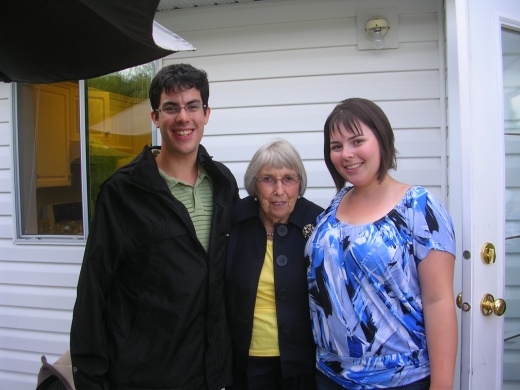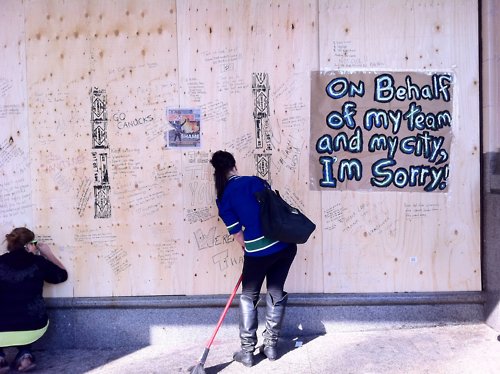Whoever has ears…
We set ourselves up for success in all areas of life when we understand the tremendous power that words have to bring both joy and sorrow. Unfortunately many of us don’t put nearly as much thought into the equal power that resides in the flip side of speech: listening. Even as carelessness with our tongues can cause pain and offend so too can carelessness with listening. We of course expect people to speak with precision, grace, and humility but often neglect to listen with these same characteristics. This is especially true when it comes to how we listen to public figures. Instead of hearing people out many of us often decide within a span of a few seconds whether a speaker is to be applauded or condemned.
I was struck by a story I heard on the radio the other day that drives this point home. The story regards some comments UFC light heavyweight champion Jon “Bones” Jones made about his colleague Anderson Silva who had just lost his middleweight title in a fight. Jones said, “He just got disrespectful [towards his opponent] and the war gods made him pay for it”. These seemingly innocuous comments were followed up in short order by a tweet by Jones (@JohnnyBones) that attempted to clarify: “[I] Didn’t mean to say ‘War Gods’ I was meaning Karma”.
I cannot be sure why some of Jones’ audience found the phrase “war gods” offensive but given Jones’ need to clarify we can only conclude that at least one person did. This case is made even more confusing when we consider that the difference between “war gods” and “karma” in popular use is virtually non-existant. Athletes and sports journalists consistently refer to the hockey, football, and insertsportsnamehere gods as a way to explain in shorthand that in sports “what comes around goes around”. In short the term “sportsgods” is synonymous with “karma”.
What is troubling about this story is the high likelihood that the offended parties could have been able to avoid taking offence had they put in the minimal effort to understand that Jones was simply trying to say “what comes around goes around”. The fact that this effort was not put in made me wonder about why we as human beings take offence to things people say. I think that the answer often has to do more with our failure to listen well than it does with the speaker’s failure to communicate appropriately.
Now to be fair sometimes this is not the case. Such as when, well…a speaker says something that is offensive. For instance I think it is perfectly appropriate to be offended when a speaker uses slurs or insults of any kind that disrespect other human beings. But other times, if we stop and think about it, we will discover that we sometimes do get worked up over an issue like that of the war gods and karma.
I think this has to do with the fact that when we hear someone speak we hear them through a filter that includes our worldview, our values, the mood we happen to be in, and our current ability to concentrate. When we listen, especially to public commentary, we tend to listen for buzz words or particular phrases that indicate to us whether or not the speaker agrees with (or at least respects) our basic worldview and values. If we hear something that at first blush defies or contradicts one or both of these things we tend to immediately get angry and/or get offended. What I wish we could do instead is insert a pause or breath between the act of hearing and the act of taking offence. In this pause I would like for us to afford the same attributes in our listening that we expect of our speaker: let’s be precise (figure out what they are really trying to say), be gracious (give them the benefit of the doubt), and let’s be humble (open to the idea that we heard them wrong). If we embody these virtues we may just find that the world will start to sound like a less offensive place and maybe—just maybe—we will finally start to truly hear each other well.











